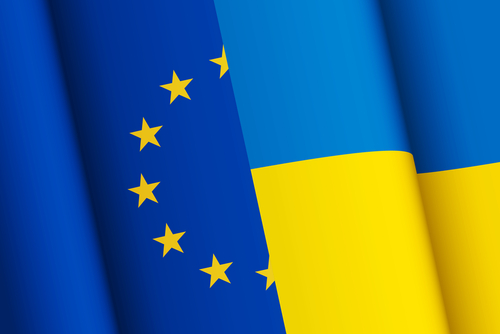In a joint statement, European Commissioner for Trade Cecilia Malmstroem and Trade Representative of Ukraine – Deputy Minister for Economic Development and Trade Nataliya Mykolska welcome the entry into force of the autonomous trade measures of the European Union for Ukraine on October 1, 2017. “This is good news for Ukrainian exporters. Several important agricultural and industrial goods will now get better access to the EU market, as they can be exported tariff-free,” the statement reads. The officials say that this is an “important sign of the EU’s continued, tangible economic and political support for the Ukrainian people, the country and its reform efforts.”
“The EU Regulation on autonomous trade measures will top up the quantities of agricultural products that Ukraine can export to the EU under the Association Agreement without paying customs duties. It will also accelerate the elimination of EU import tariffs for several industrial products, as foreseen in the Association Agreement,” reads the joint statement.
According to the officials, in terms of agricultural products, Ukraine will have an opportunity to export bigger quantities of wheat, maize, barley, oats and barley groats and pellets to the EU without customs tariffs. The proposal creates opportunities to export bigger amounts of processed tomatoes, natural honey and grape juice duty-free to the EU. These trade preferences will also benefit industrial sectors, for example Ukrainian producers of footwear, fertilisers, aluminium products and consumer electronics.
“We welcome the positive effects of the EU-Ukraine Association Agreement and its Deep and Comprehensive Free Trade Area (DCFTA), which constitutes a blueprint for reform and fosters trade and investment. In the first half of this year – according to Eurostat – trade in goods between the EU and Ukraine increased by 23% and the EU continues to strengthen its position as the first trade partner of Ukraine,” the statement says. “Overall, the European Union accounts for around 40% of Ukraine’s total exports and we are convinced that this additional trade opening will give a further boost in fostering strong trade ties between the EU and Ukraine, and support further expansion of Ukrainian exports to the EU, following the trade restrictions imposed by Russia.” Additional liberalizations for barley, wheat and maize will start applying as from January 1, 2018.




